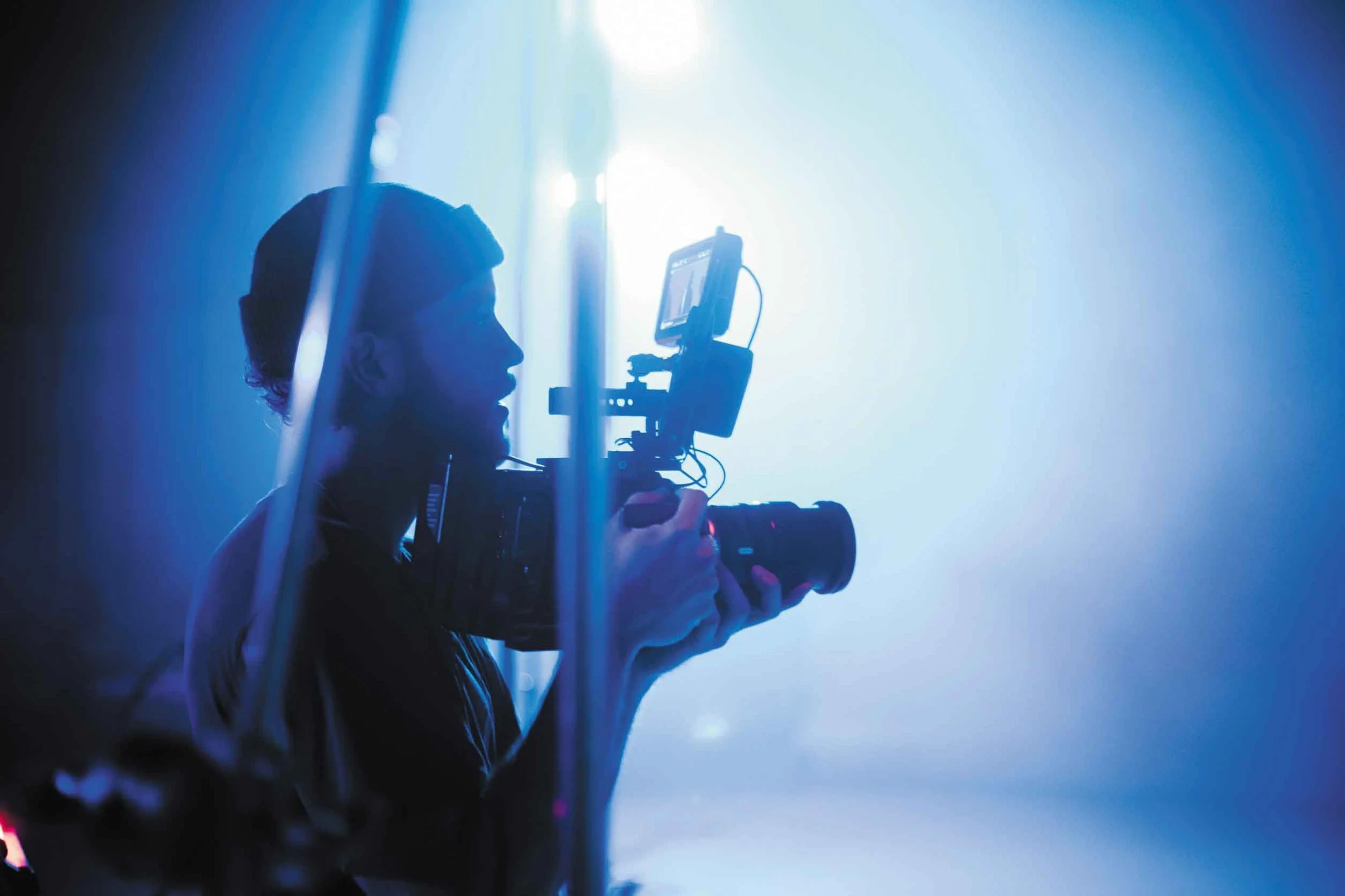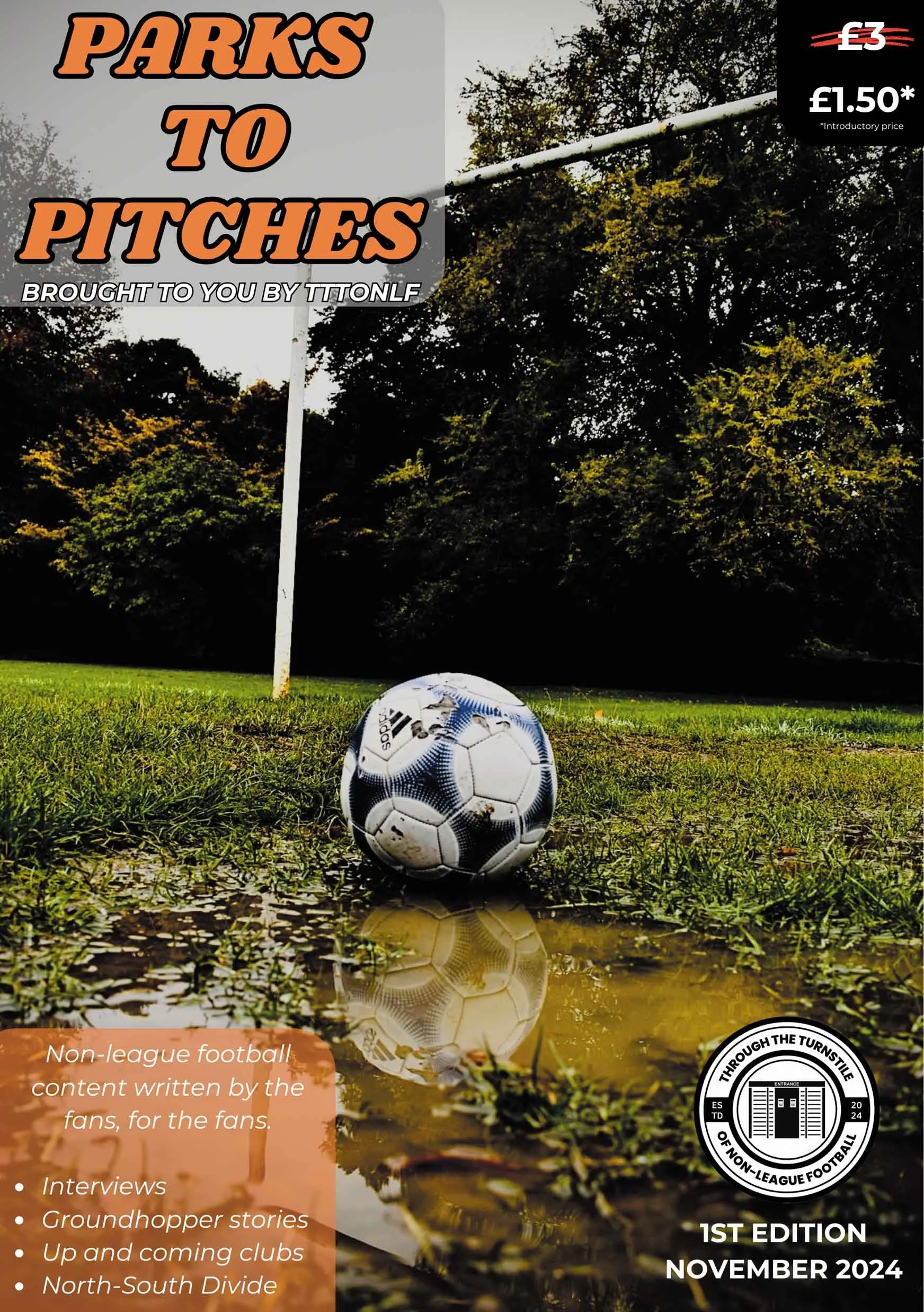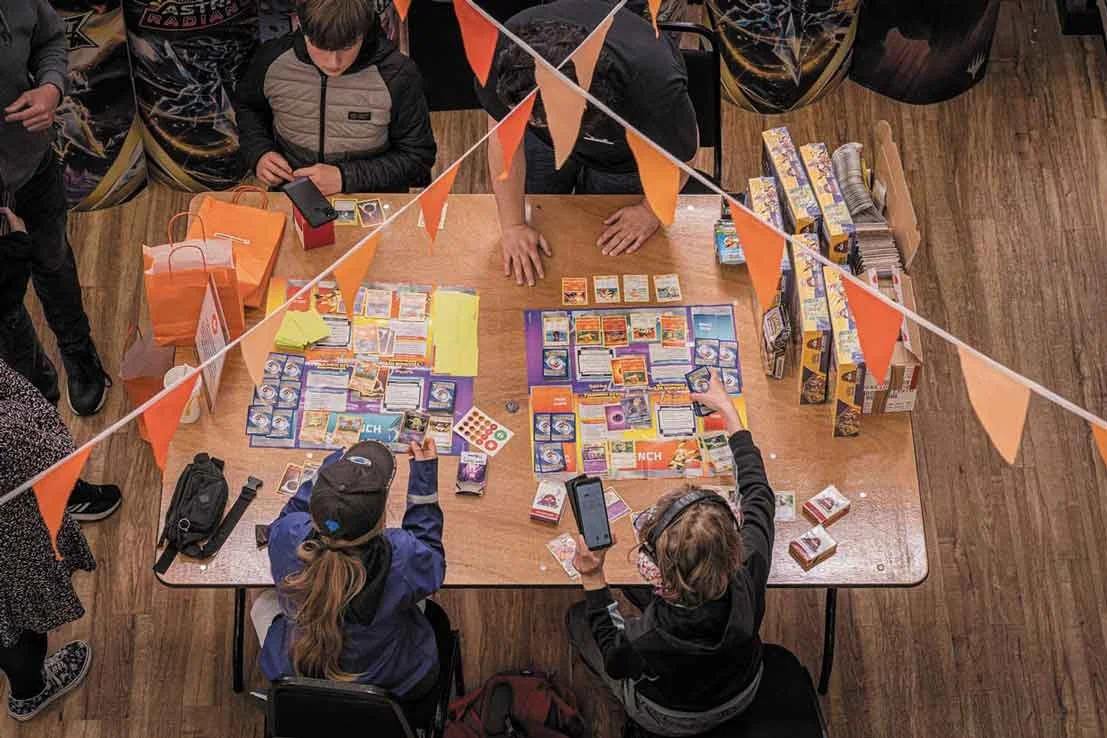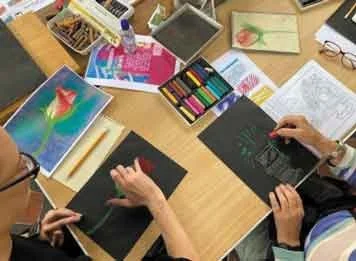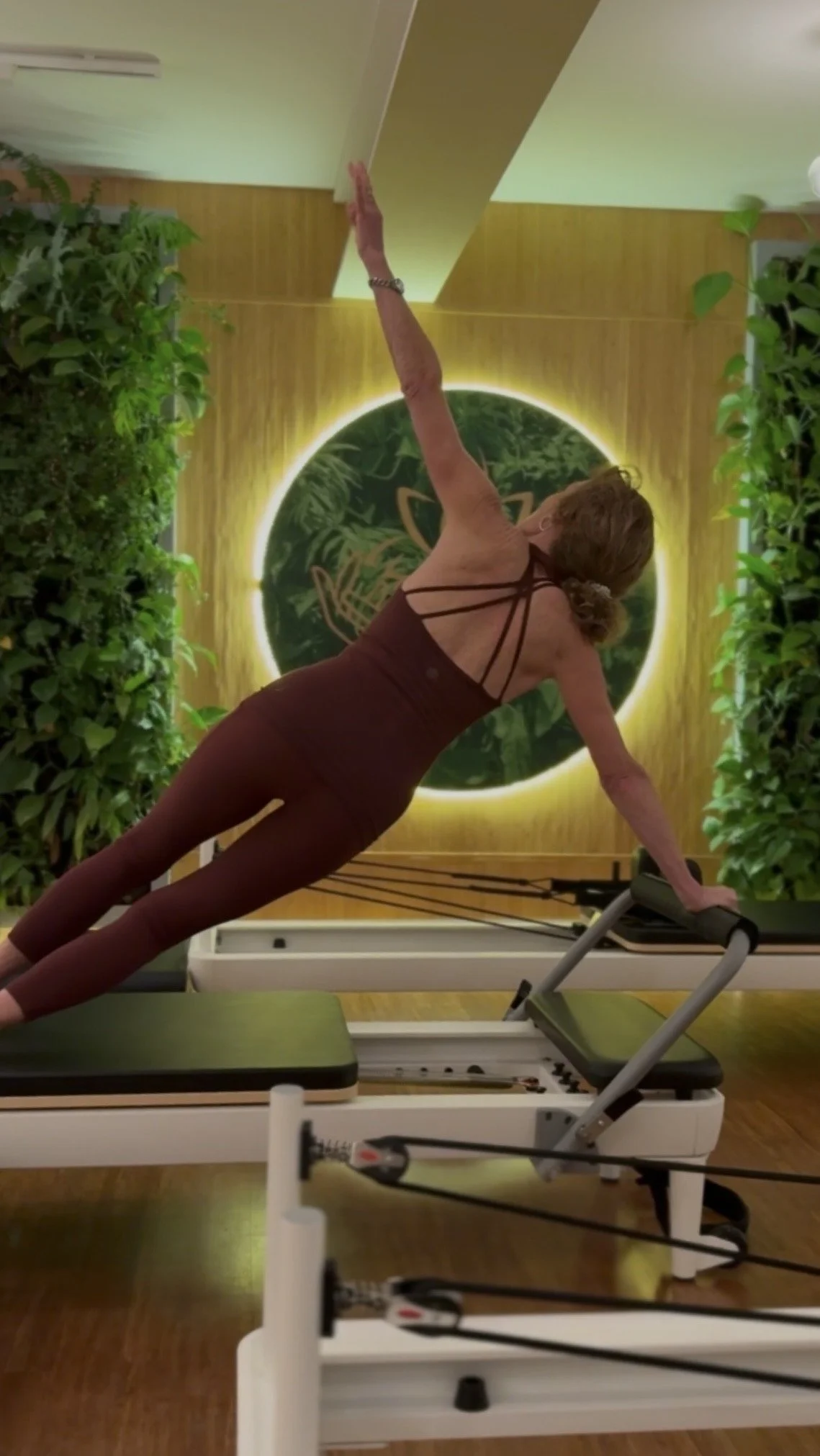OPINION: Finding A Connection - CCCU
From developing its own ale, from campus hops to sustainability-focused reflective poetry, Canterbury Christ Church University is finding new ways to engage people in the green movement
“Arts and culture has proven a powerful provocation for engagement, inspiring many of those people we have struggled to engage through other means to join that conversation”
For more than a decade, Canterbury Christ Church University has been grappling with sustainability engagement – which is far longer than most of us. Its approach to sustainability education has long recognised that the formal curriculum is really only one dimension of the student experience.
Student life encompasses much, much more, from spending time on campus to getting to know a new city. Creating a sustainability framework that grips students and encourages them to take part in green practices isn’t easy – getting anyone to do anything isn’t always easy, let alone students.
“We endeavour to make it clear through our actions and our commitments that sustainability, for us, extends far beyond just what we do and teach to who we impact and influence and what we contribute to our wider communities and environment,” says Felicity Brambling Wells, Sustainability Engagement Officer at Canterbury Christ Church University
The university can also boast a platinum-level eco campus certification for its environmental management system since 2013, which essentially means it can manage and track targets for all its carbon emissions, energy use, waste management and much more.
“In that same year, we launched our very own Student Green Office (SGO) and that dynamic, student-led, peer-to-peer engagement project has enabled us to carry out our sustainability work side by side with our students,” says Felicity . “We’ve also developed and continue to care for several outdoor sustainability spaces on our Canterbury campus that we use to grow hops, enhance biodiversity, support well-being, celebrate our heritage and give our communities the space and opportunities to connect with nature.”
The development of its own in-house ale has been one sustainability engagement project that has been a great way to start conversations with students, staff and members of the public.
Produced in conjunction with Canterbury Brewers and Distillers, the ale is made with heritage varieties of hops grown and tended on campus before being hand-picked by students and staff in September, with a new name and label each year designed by students or staff.
This year’s Three Choughs Ale draws together CCCU’s connection to Thomas à Becket and its community partners, Kent Wildlife Trust and Wildwood, in a project to reintroduce choughs (they’re a type of bird) to Kent.
Back in 2019 the university launched Us in the World, a university-wide collaboration bringing together events, campaigns and projects from staff and students across all different disciplines. But bringing the campaign right up to date, in the recent Canterbury Climate Action Week, directly ahead of COP26, the Us in the World collaborators hosted a climate action day mini-conference and invited the wider public to join and discuss the urgency and actions needed to address the climate emergency.
And, in the wake of COP26, the university published its high-level response to the climate emergency that sets out its own approach to target-setting, educating and advocating for a sustainable future.
“We know that for the kind of large-scale engagement that is needed to effect substantive cultural change, we need to find more ways to reach more people and bring more diverse voices, experiences and disciplines into the conversation around how we address climate change and build a more sustainable future,” explains Felicity.
THE BIGGER PICTURE
Environmental sustainability is only part of the picture, however, and a great deal of CCCU’s work has been around social sustainability issues, too: physical and mental health and well-being, equality, accessibility, social justice and more. But at the centre of it all is collaboration.
In 2018 it established the Canterbury SDG Forum and in 2019 its offshoot group, the Canterbury Climate Action Partnership. More recently came the Canterbury Biodiversity Network, which brings together individuals, organisations and local government to address sustainability issues across the district within the framework of the United Nations Sustainable Development Goals (SDGs).
“Arts and culture has proven a powerful provocation for engagement, inspiring many of those people we have struggled to engage through other means to join that conversation,” says Felicity. “In 2015 we contributed to the text of a major exhibition on sustainability education by photographer Mark Edwards and writer Lloyd Timberlake called Whole Earth?.”
The 60-metre-long exhibition, which was subsequently displayed at universities across the world, was launched at the CCCU campuses across Kent with an open lecture by author and playwright Michael Morpurgo.
In 2018 the university initiated the Sustainability Stories project, a piece of research that began with a chain of semi-structured interviews that developed into a series of stories and poems about the emotional connection and personal responses to sustainability.
Originally intended as a creative project to engage staff and students, the research initiated a deeply reflective process for those involved that focused on their own environmental identity.
“Though there are many more stories we can tell about our trials and triumphs than we can do justice to on this whistle-stop tour, what we have already done is in many ways far less important now than what we have yet to do, and what the future holds for us and our wider communities,” says Felicity .
“Though the road ahead is going to be a challenging one in many ways, we know that collaboration, diversity and community are vital to the just and sustainable future we hope to build.”





